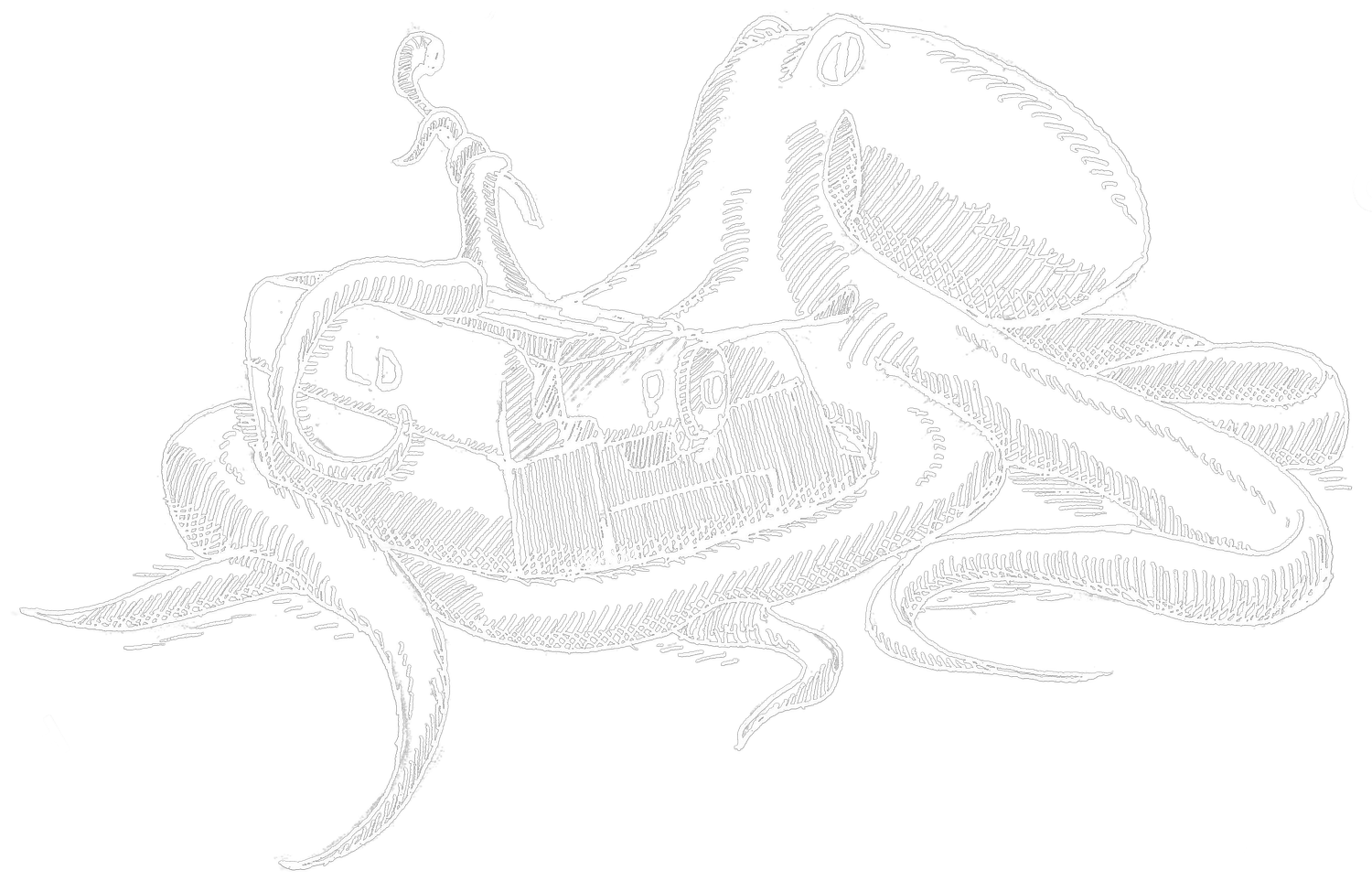what am i supposed to do with a typewriter?
And other frequently asked questions I’ve been dragging my ass in regards to answering.
I used to have a blog section on the original iteration of this website many years ago, but have since ditched it in a shoddy attempt to steam-line content for my users and customers. As we all know, everyone is in a hurry to access the distraction free and slow marvel that is the typewriter. However, I often find myself being asked the same questions, what got you into typewriters, why do you prefer triangular slices of pizza over square, and what type of paper works best? So I will host a small collection of posts here to quickly and efficiently answer most of those questions.
So let’s kick off the age old question that has plagued mankind since 1873. To set the scene, you are visiting your grandmother, she is trying to pinch your cheeks and that hurts. To evade the discomfort that buccal violation brings, you disperse yourself to the attic where you find her “antique” writing machine that is probably only 30 years old. Your grandmother sneaks up behind you with an enormous plate of food that you’re pretty sure she intends to use to fatten you up before baking you into a pie. Instead, she seizes the golden opportunity to offload some of her junk on you.
Congratulations! You now own a piece of history! Your very own Creation Station is yours to do whatever you please with. And yes, “Creation Station” is a technical term. All the best combinations of two words rhyme, that is precisely why the word “Typewriter” rhymes with the word “writer.” What now you may ask? How exactly does one embrace being a Typewriter Writer?
There are a variety of things you can do with a typewriter, limited only by your imagination, willpower, and threshold for shame. Most people use the typewriter as a tool for creative writing, as it offers a way to connect with your work without the interference of a computer. No spell check, no popups, and most definitely no accidental deletion. It is about as distraction-free as writing can get. Don’t be fooled by that bell, it isn’t an incoming text message seeking to ruin the laminar flow of your consciousness. No, the typewriter will never tell you what to do, mainly because it can’t. With each letter printed one at a time, you can be assured that the documents you create are unique, and distinctly your own; the antithesis to ChatGPT. It is because of this laborious routine that many writers revere their machines, they become the writer’s constant companion; and, most importantly, a functional paperweight!
Maybe you aren’t a writer though. The typewriter is also used for many other things. Journaling, poetry, grocery lists, complex ASCII artwork, and (you didn’t hear it from me), murder weapons. Yes, a typewriter makes for a surprisingly effective blunt instrument (thanks for the tip Stephen King). Even the creator of the modern typewriter himself, Mr. Christopher Sholes, marveled at the multitudes of uses his machine presented. One year after the acceptance of his invention, in 1874, he sent this totally legit and deffinately not made-up telegram to his bestie:
“Wut [sic] Up my man, behold this sick writing thing I made. It’s gunna [sic] be a HIT!”
-Sholes, 1874
In my opinion, the best thing to do with a typewriter is, of course, to use it. After all, that is what they were made for. If you elect to not use one, they do make for great decorations and conversation starters.
“Hey, cool antique mechanical writing object,” your fancy friend may remark on a weekend visit.
“Thank you, I find that only the finest of antiquities can give my homely décor the decadent flair that speaks to my inner yet woefully unused sophistication,” you inevitably reply.
Pardon my French (I am somewhat bilingual as far as Americans go), use the damn machine.
